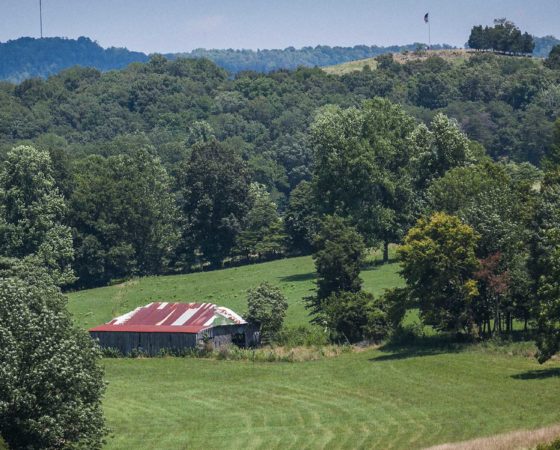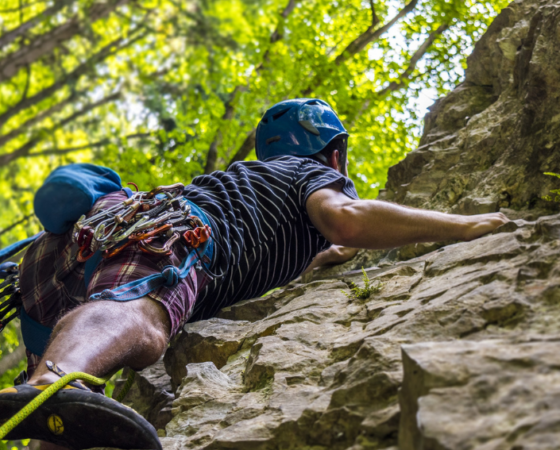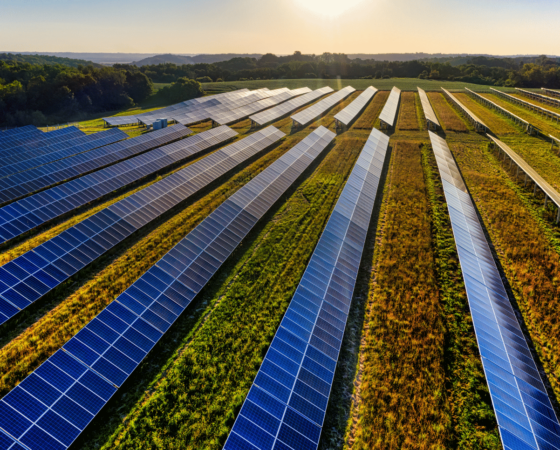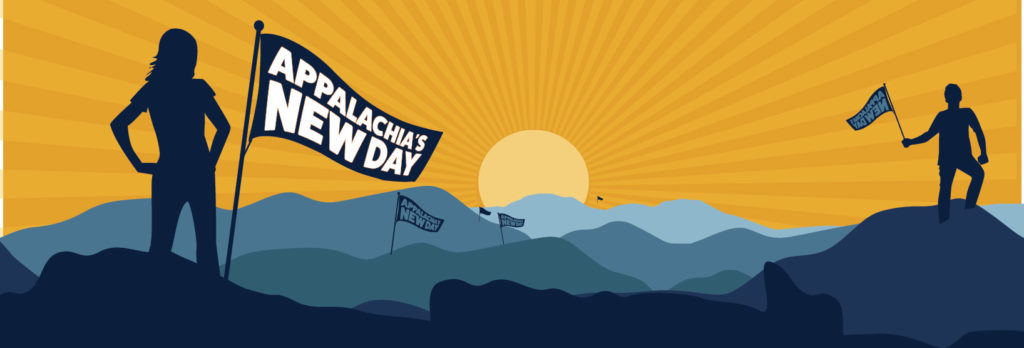
Interested in being a part of the Appalachia’s New Day campaign? Visit here.
News broke two weeks ago that Netflix has signed on to produce the movie adaptation of “Hillbilly Elegy” in a $45 million deal with Ron Howard set to direct. Perhaps unsurprisingly, Appalachian Twitter was not pleased, and called for Netflix to rescind its offer, told folks to not watch the movie, and asked that Howard remember his roots.
Reams have been written about JD Vance’s interpretation of Appalachian people in “Hillbilly Elegy” – it’s been called misrepresentative, classified as ignoring the region’s true history of corporate exploitation and oppression, and called out for failing to recognize people of color in the region. I, myself, have written about Vance’s portrayal being a gross misrepresentation that does not begin to cover the depth and breadth of Appalachian experiences.

It’s important to note that coverage of Appalachia in the media runs in cycles, and this era is no different. Ever since President Lyndon B. Johnson stood on the porch of Tom Fletcher’s Martin County, Kentucky, home in 1964 to declare a War on Poverty, mass media has often looked to the region when it needed a scape goat, or a place and people to pity.
But we know better.
We know that we the people of Appalachia have always contained multitudes. We know our place is dynamic and diverse and willing to work hard to build a better future. We have always had hope for tomorrow, even when things have been hard – and they have been very, very hard for many, many people. We are caregivers who have raised generations of children that weren’t our own. We are storytellers who have kept the memories of our forebearers alive when the history books didn’t include their names. We are put upon, and taken from, and cast aside, but we remain through it all, ready to rise, ready to contribute, ready to take care, ready for whatever comes next in this place because this place is oftentimes all we have to hold onto.
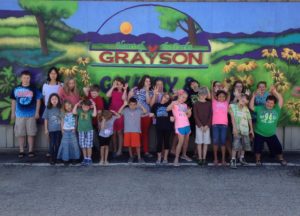
And even now, when much of the nation has written us off as “un-savable,” we are building and rebuilding together for the sake of tomorrow, just as we have always done. And through a dark period of our collective past marked by the collapse of coal, we are standing tall to greet and help shape whatever comes next.
MACED has worked for more than 40 years to help Central Appalachia transition into a post-coal economy that is more just and sustainable for everyone. We have always felt that the region’s strength is in its complexity and the richness of its culture, and that it is a place defined by comings and goings, and shared learning from shared experiences across artificial and arbitrary lines of division. We know Appalachia’s story is so very different from the one so often seen in national media, and the one that will be portrayed in Netflix’s new adaptation. To know this place is to understand that it isn’t just one thing, or one culture, or one type of person.

That’s why we’re launching a campaign this year that will help highlight the many varied ways in which people across the region are building a brighter Appalachian future. We’re calling it “Appalachia’s New Day,” because that’s exactly what we’re witnessing in the region right now. Though the region has faced economic transition before, the coal industry has remained a constant backbone that’s held the region together even through bust cycles. Unfortunately, as markets continue to shift, the coal industry continues its decline, and Eastern Kentucky can no longer depend on it to carry us through.
Eastern Kentuckians are already rebuilding and rethinking the way they do economy, though. From local foods and farming, to tele-work and media making, to tourism and cultural preservation, they’ve been exploring many things, working hard to make them take hold and propel the region forward into a more diversified economy.

We at MACED think more of these stories need to be told. So, over the course of this year, we’ll work with communities to share their stories about the work they’re doing – work that is reviving Main Streets and bringing in jobs and incorporating arts and culture into recovery and development. Work that we hope will help reshape the narrative of this place that we love, and provide a more complete and complex picture of what it means to restore, reclaim and rebirth a rural economy.
We think it’s time for a new story and a new way of seeing this place and the incredible people who call it home. We hope you’ll join us in April when we launch this campaign, and stay tuned this year as we showcase Eastern Kentucky’s recovery, from the ground up. We hope you think like we do – that it’s time to talk more about Appalachia’s New Day.

